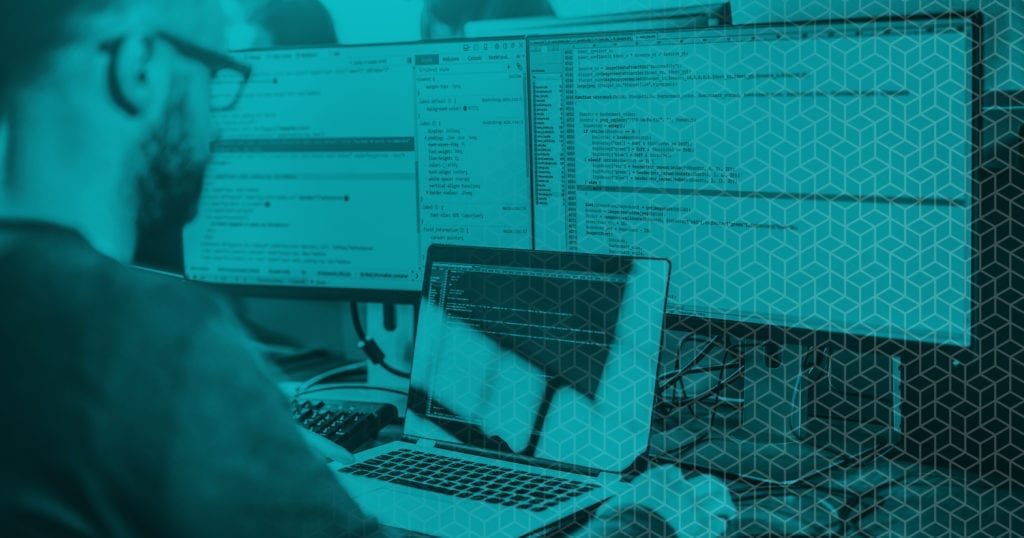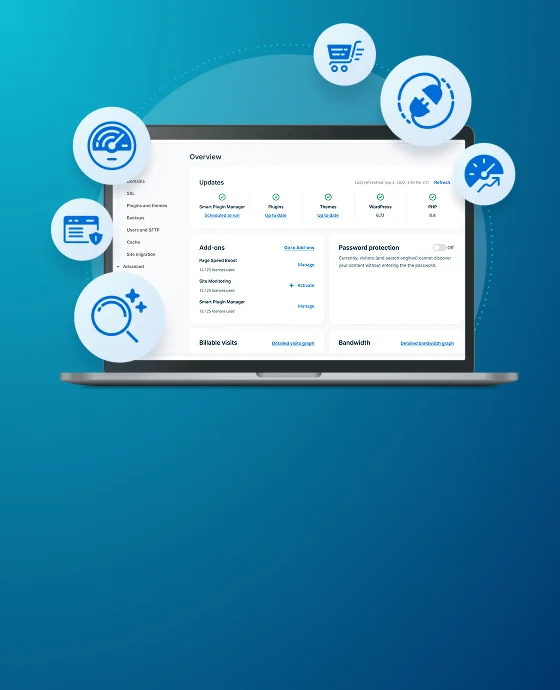
Ready to Speed Up? PHP 7.3 is Here
Moving from PHP 7.2 to 7.3 can result in a 15% decrease in request processing time
There are a number of factors that can affect the speed of your website, but the version of PHP you’re currently running may be one you’ve overlooked.
PHP, or Hypertext Preprocessor, is the scripting language widely used to develop WordPress themes and plugins. PHP 7.2, which was first released in 2017, did a good job of improving on certain capabilities, including TLS constants and API extensibility. Now that PHP 7.3 has been released and cleared for all WP Engine customers, you can start taking advantage of the latest—and fastest—version of PHP for free.
Why Speed Matters
Today, websites have to be faster than ever to capture the waning attention spans of younger generations. Gen Z, for example, has an average attention span of eight seconds—down from 12 seconds for millennials. They expect a website to load quickly, and if it doesn’t, they will move on to another available option.
It’s not just younger generations either. A website that takes too long to load is problematic for any business looking to capture and communicate with audiences online. Slow-loading sites are the number one cause of page abandonment across all audiences. Additionally, Google and other search engines rank sites higher when they’re faster, directly affecting the way they show up in search. Not only will a slow-loading site cause potential customers to go elsewhere, it could mean they never find your site at all.
So what’s a site owner or builder to do? While the options abound for improving site speed, updating to the latest version of PHP is a surefire way to help your site load faster.
WP Engine customers who move from PHP 7.2 to PHP 7.3 see up to a 15% decrease in request processing time. This mirrors official PHP benchmarks that show PHP 7.3 is 10% faster than PHP 7.2. In addition to performance, PHP 7.3 also features updated SQLite support, improved PHP garbage collection performance, and a long list of other enhancements.
Staying Up-to-Date with Security
Upgrading to PHP 7.3 is also beneficial to the overall security of your site. Just like any piece of software, WordPress needs regular updates to keep it secure. This is equally true with regard to the version of PHP your WordPress site is running on.
While no major security vulnerabilities have been flagged regarding PHP 7.2, it’s always considered a best practice to run the latest version of WordPress as well as up-to-date versions of components such as PHP. Older versions are not actively supported, so they aren’t guaranteed to be patched as quickly.
By updating to PHP 7.3 today, you’ll know your WordPress site is up-to-date and secure. It’s also easy to upgrade without running into compatibility issues.
Upgrading is Easy
As always, our award-winning support team at WP Engine is standing by to answer your questions about upgrading to PHP 7.3 and if need be, help walk you through the process.
Nonetheless, updating to PHP 7.3 on your own is easy and can be done by going to your user portal and following the steps outlined in this article.
Still have questions? Check out this helpful guide about PHP 7.2 or log in to your account to contact support.


Start the conversation.